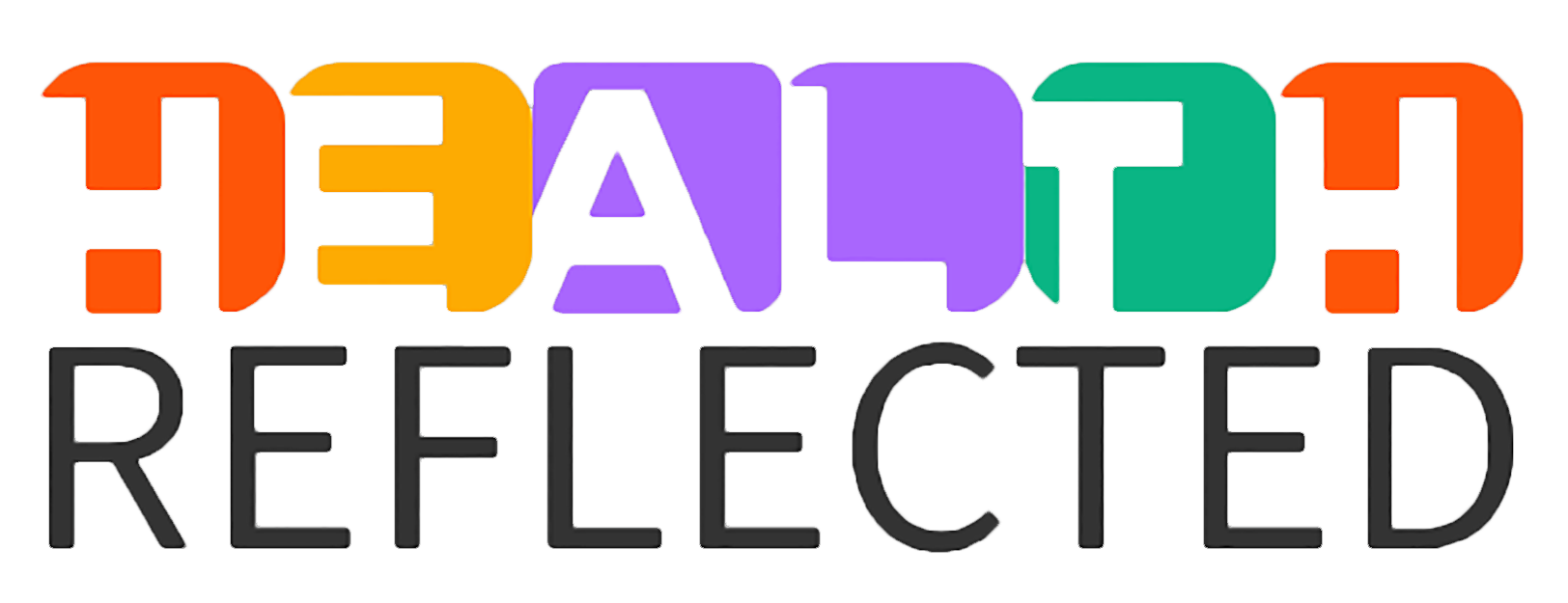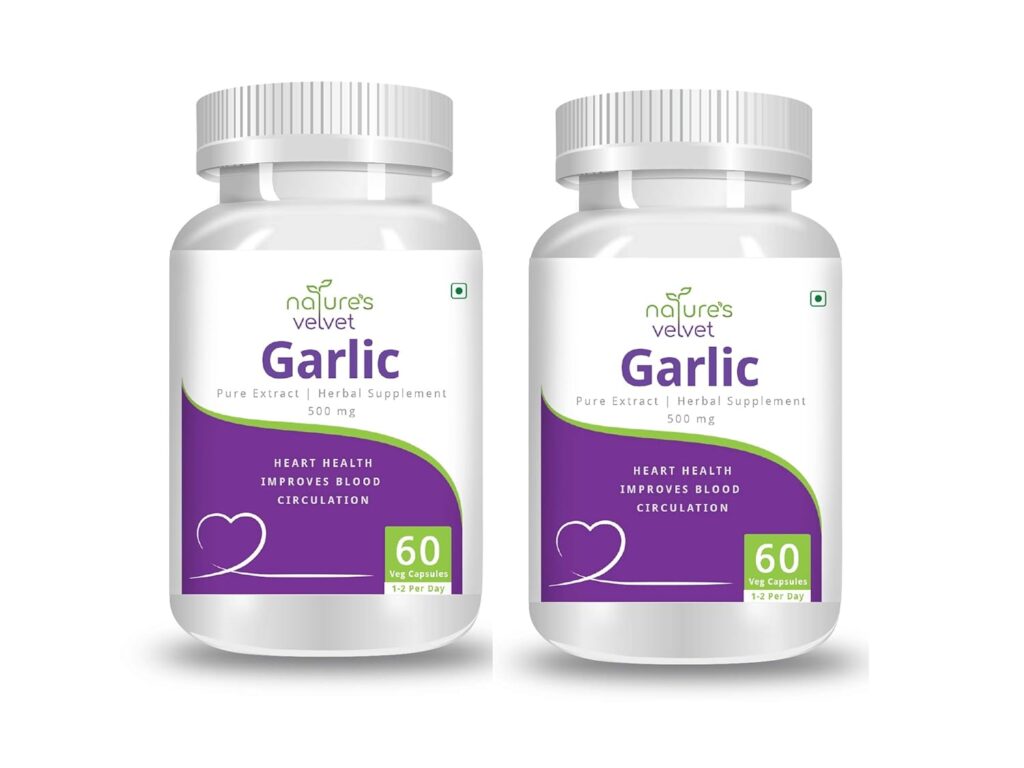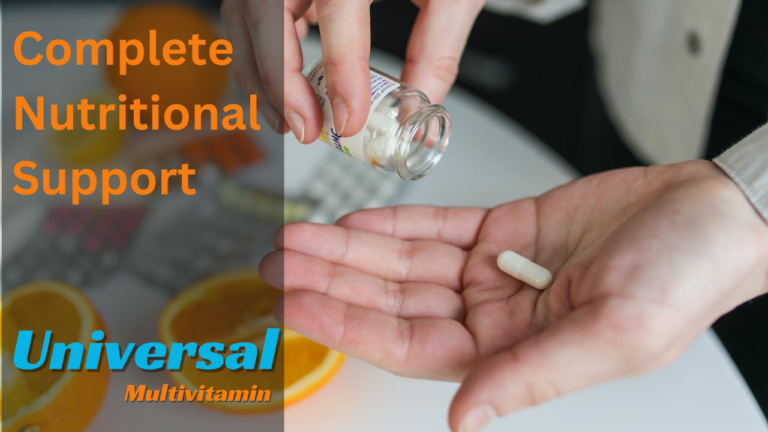Garlic's Potential Impact on Blood Pressure
Garlic, a traditional home remedy, has been hailed for its potential to reduce blood pressure levels. The presence of compounds like allicin is believed to contribute to this effect. While numerous studies suggest the potential benefits of garlic, experts advise caution and emphasize the importance of a holistic approach to high blood pressure management.
Table of Contents
A recent review highlights that garlic supplements significantly lower blood pressure, particularly benefiting individuals with hypertension. This whole article is written based on this study published online.
High blood pressure, or hypertension, remains a prevalent risk factor for cardiovascular diseases globally, affecting an estimated one billion individuals worldwide. As the medical community emphasizes preventive strategies in the management of blood pressure, non-pharmacological interventions have gained attention for their potential cardiovascular benefits. Among these interventions, garlic supplementation has emerged as a subject of interest, demonstrating a significant hypotensive effect, especially in individuals with elevated blood pressure levels.
Understanding Non-Pharmacological Approaches:
Non-drug methods play a crucial role in mitigating the risk of heart disease associated with hypertension. Lifestyle modifications, including increased exercise, weight loss, and dietary changes, are recommended as primary management strategies. Complementary and alternative medicine, particularly the use of dietary supplements, has also become a focus in exploring novel approaches to blood pressure management.
Read this too: Why You Should Try Eating Garlic and Honey on an Empty Stomach for 7 Days | Garlic and Honey Benefits
Garlic's Potential Explored:
Animal studies have provided intriguing insights into the potential blood pressure-lowering effects of garlic. This natural remedy, with a rich history of both culinary and medicinal uses, contains compounds such as allicin and hydrogen sulfide, believed to contribute to its therapeutic properties. Allicin, released when garlic is crushed or chopped, has been associated with angiotensin II inhibition and vasodilatory effects, as demonstrated in both animal and human cell studies.
Nature's Velvet 500 mg Garlic Pure Extract Tablet,60 Veggie Capsules - Pack of 2
About this item
- It has been formulated as Vegetarian Capsules
- It has been manufactured at a GMP-certified facility.
- Special Manufacturing process retains the maximum amount of Allicin, the essential health component in Garlic
Mixed Findings in Previous Studies:
Despite the promising indications from animal studies, the translation of garlic's benefits to human populations has been a subject of debate. Previous human studies and non-systematic reviews yielded mixed and inconclusive results regarding the impact of garlic on blood pressure. Recognizing the need for clarity and an updated assessment, a systematic review and meta-analysis were conducted to comprehensively analyze studies conducted between 1955 and 2007.
Must Read: Unlocking Nature’s Secrets: The 10 Health Benefits of Kiwi Revealed!
Methodology of the Systematic Review:
The systematic review aimed to build upon a prior analysis from 1994, extending the investigation to incorporate newer studies and provide a more contemporary understanding of garlic's effects on blood pressure. The researchers meticulously searched the Medline and Embase databases, identifying randomized controlled trials with true placebos. Inclusion criteria specified the use of garlic-only preparations, with reporting on mean systolic and/or diastolic blood pressure along with standard deviations.
Key Results and Findings:
Out of 25 studies included in the systematic review, 11 met the criteria for meta-analysis. The meta-analysis revealed a statistically significant decrease in systolic blood pressure (SBP) by 4.6 ± 2.8 mm Hg in the garlic group compared to placebos. Notably, in individuals with hypertension (SBP ≥ 140 mm Hg), the reduction in SBP was more pronounced, demonstrating an 8.4 ± 2.8 mm Hg decrease. Additionally, diastolic blood pressure (DBP) in hypertensive individuals decreased by 7.3 ± 1.5 mm Hg.
Another Great Article: How to Harness the Power of Dry Fruits for Maximum Health Benefits According to Ayurveda
Association with Starting Blood Pressure:
A critical aspect of the analysis was the exploration of associations between blood pressure outcomes and various factors, including the duration of treatment, dosage, and blood pressure at the start of intervention. Meta-regression analysis revealed a significant correlation between starting blood pressure and the level of blood pressure reduction. This finding emphasizes the relevance of individualized considerations when assessing the potential benefits of garlic supplementation.
Implications and Comparisons with Drug Therapies:
The meta-analysis's conclusive insight suggests that garlic preparations surpass placebos in effectively reducing blood pressure, particularly in individuals with hypertension. Strikingly, the hypotensive effects of garlic were found to be comparable to commonly prescribed blood pressure medications, including beta-blockers, angiotensin-converting enzyme inhibitors (ACEIs), and angiotensin II type 1 receptor antagonists.
Next Read: Myth and Facts of Amla: Supercharge Health with Surprising Benefits of Amla!
Exploring Mechanisms and Historical Context:
Delving into the mechanisms behind garlic's hypotensive effects, the article explores its historical role in human health. Garlic's medicinal attributes have long been associated with its hydrogen sulfide production and allicin content. These properties align with its observed inhibitory effects on angiotensin II and vasodilation, providing a scientific basis for its potential impact on blood pressure.
Updated Insights from Visual Trends:
The comprehensive analysis goes beyond numerical data, incorporating visual trends in blood pressure changes over time. By integrating data from various studies, including both placebo and non-placebo-controlled trials, the article offers a nuanced understanding of garlic's impact. The visual representation supports the contention that garlic supplementation exhibits a more significant effect, especially in individuals with higher initial blood pressure levels.
Conclusion:
In conclusion, the meta-analysis on the effect of garlic supplementation on blood pressure presents compelling evidence in favor of its use as a non-pharmacological intervention, particularly for individuals with hypertension. The historical significance of garlic in human health, combined with contemporary scientific insights, positions it as a noteworthy dietary supplement in the realm of cardiovascular health. As individuals seek holistic approaches to well-being, garlic emerges as a natural remedy with the potential to contribute significantly to blood pressure management.
Meta-analysis of a study published, suggests that garlic preparations are superior to placebo in reducing blood pressure in persons with hypertension.
✅ We have done a summary of the study and that is as follows.
Key Takeaway
Garlic supplementation demonstrates a significant hypotensive effect compared to placebo, particularly in individuals with high blood pressure (SBP ≥ 140 mm Hg, DBP ≥ 90 mm Hg), according to the systematic review and meta-analysis.
Summary
- Background:
- Non-pharmacological approaches for hypertension can reduce cardiovascular disease risk.
- Animal studies suggested garlic's potential in reducing blood pressure.
- Previous human studies and non-systematic reviews provided mixed results.
- Methods:
- Systematic review and meta-analysis from 1994 were updated.
- Medline and Embase databases were searched for studies from 1955 to October 2007.
- Inclusion criteria: Randomized controlled trials with true placebos, garlic-only preparations, and reporting mean SBP/DBP with standard deviations.
- Results:
- 11 of 25 studies were suitable for meta-analysis.
- Meta-analysis showed a significant decrease in SBP by 4.6 ± 2.8 mm Hg for garlic compared to placebo.
- Hypertensive subgroup exhibited a greater decrease of 8.4 ± 2.8 mm Hg for SBP and 7.3 ± 1.5 mm Hg for DBP.
- Meta-regression showed a correlation between starting blood pressure and the level of blood pressure reduction.
- Conclusion:
- Garlic preparations are superior to placebo in reducing blood pressure, especially in individuals with hypertension.
- Comparable hypotensive effects to commonly-prescribed blood pressure drugs.
- Discussion:
- Garlic's historical medicinal role includes blood pressure reduction linked to hydrogen sulphide production and allicin content.
- Previous inconclusive studies and a 1994 meta-analysis prompted an updated analysis.
- Visual comparison of blood pressure changes over time supported the hypotensive effect, especially in those with higher initial blood pressure.
- No publication bias was detected.
This meta-analysis suggests that garlic supplementation may serve as an effective non-pharmacological intervention to lower blood pressure, offering potential benefits for individuals with hypertension.
Q&A Section
Q1: Can garlic supplements replace prescribed medications for high blood pressure?
A: While garlic supplements may offer benefits, they should not replace prescribed medications. Always follow your healthcare professional's advice for managing hypertension.
Q2: Is garlic consumption alone sufficient for controlling high blood pressure?
A: No, garlic consumption should be part of a comprehensive approach, including prescribed medications and lifestyle changes for effective blood pressure management.
Q3: Are there potential side effects associated with garlic supplements?
A: Garlic supplements may be a suitable alternative to medication, potentially avoiding side effects. However, individual reactions can vary, and consultation with a healthcare professional is recommended.






[…] Read This: High Blood Pressure: Can Garlic Help In Controlling High Blood Pressure? […]
[…] to popular belief, saturated fats play a pivotal role in our overall health. While excessive consumption can pose risks, moderate […]